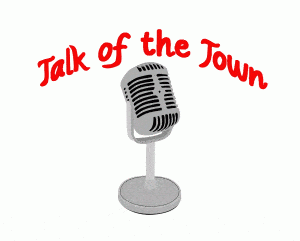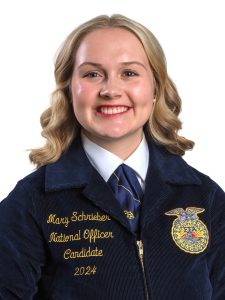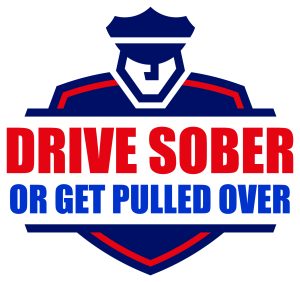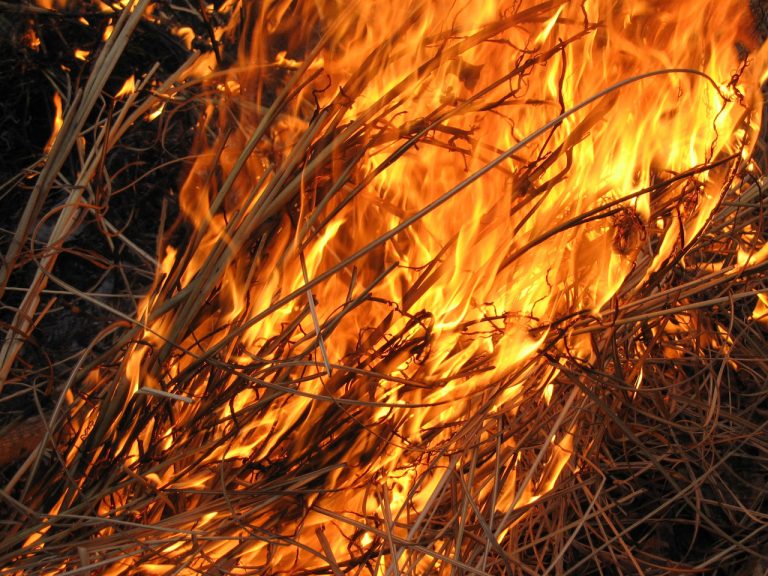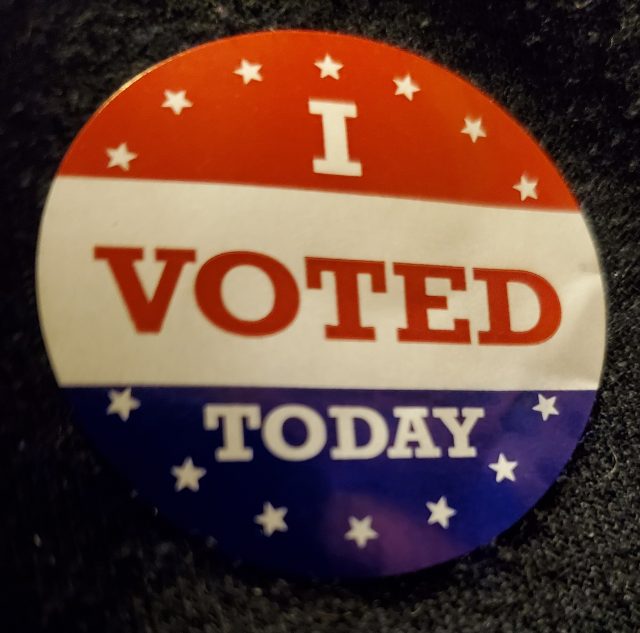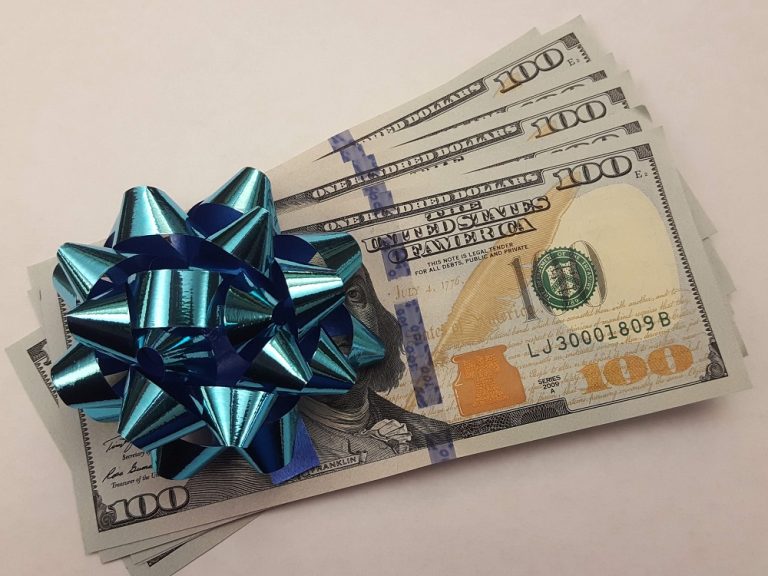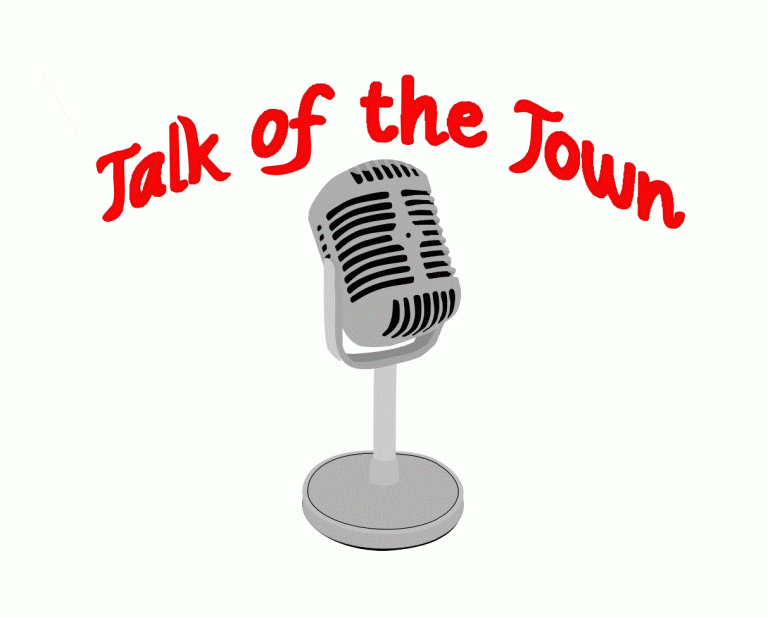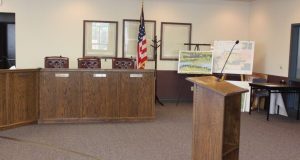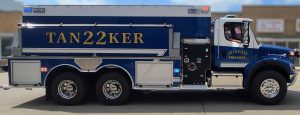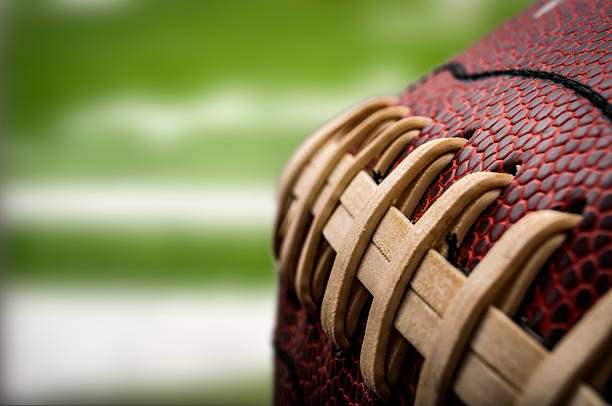Northwest Iowa — Law enforcement officers in northwest Iowa often run special traffic enforcement periods on and around holidays. But a period that started this Friday is the longest such period scheduled for this year.
The enforcement period runs two weeks and three days — from now until Labor Day — September 6th.
Many Americans look to the Labor Day holiday weekend as the unofficial end of summertime. Officers remind you that no matter how you plan to celebrate the end of the season this year, make sure you plan it safely.
In support of the law enforcement community’s dedication to protecting the lives of residents in their communities, you’ll see officers working together during the enforcement period, including Labor Day weekend to take drunk drivers off the roads. These expanded efforts to protect against impaired driving will be conducted in a fair and equitable way.
According to the U.S. Department of Transportation’s National Highway Traffic Safety Administration (NHTSA), 10,142 people were killed in motor vehicle crashes in 2019 that involved an alcohol-impaired driver. On average, more than 10,000 people were killed each year from 2015 to 2019, and one person was killed in a drunk-driving crash every 52 minutes in 2019. Officers remind drivers that drunk driving is not only illegal, it is a matter of life and death.
As you head out to the Labor Day festivities, remember: Drive Sober or Get Pulled Over.
During the 2019 Labor Day holiday period, there were 451 crash fatalities nationwide. Forty-five percent of those fatalities involved drivers who had been drinking (.01+ BAC). More than one-third (38%) of the fatalities involved drivers who were drunk (.08+ BAC), and nearly one-fourth (24%) involved drivers who were driving with a BAC almost twice the legal limit (.15+ BAC).
Officers tell us age is a particularly risky factor: Among drivers between the ages of 18 and 34 who were killed in crashes over the Labor Day holiday period in 2019, 46% of those drivers were drunk, with BACs of .08 or higher.
Designated drivers work. So does calling a friend or a ride service. In communities large enough to have them, so does calling for a taxi or taking public transportation. No matter what, do not drink and then drive.
Officers also remind you that if you see a drunk driver on the road, call 911. And if you have a friend who is about to drink and drive, take their keys away and make arrangements to get your friend home safely.

